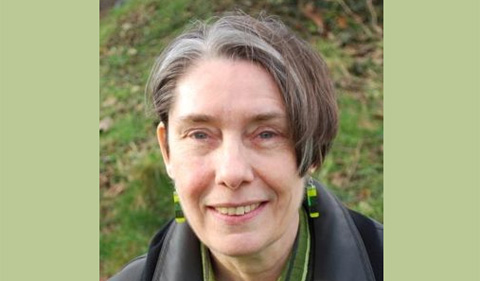The Ohio University Lectures in the History and Philosophy of Science presents Dr. Alison Wylie discussing “Radiocarbon Dating and Robustness Reasoning in Archaeology” on Friday, Feb. 22, at 4 p.m. in Scripps 111.
Wylie is Professor of Philosophy at the University of British Columbia.
This lecture is free and open to the public. It is presented by the Philosophy Department and the Spetnagel Development Fund.
Abstract: If anything looks like an “infallible foundation” for archaeological reasoning, it’s radiocarbon dating. Hailed as a revolution that got under way in the 1950s, it was expected to establish an absolute chronology that would render obsolete the local and relative chronologies on which archaeologists had long relied. Transformative though it has been, the process of bringing these tools of physical dating to bear on archaeological problems has been a long, tortuous process, now described as proceeding through three radiocarbon revolutions. The first revolution, Libby’s initial introduction of radiocarbon dating to archaeology, quickly gave rise to a decades-long process of calibration by which 14C chronologies were corrected and refined, often against the very lines of evidence they were meant to displace. Increasingly, however, the advocates of a third, “pragmatic Bayesian” revolution argue that, no matter how much it is refined, radiocarbon dating cannot on its own resolve the chronological problems that archaeologists address; diverse lines of evidence are required not only to calibrate 14C but to reinforce and constrain one another. This is a genre of robustness reasoning that illustrates its epistemic risks as well as its appeal. I identify a set of conditions that must be met if claims of robustness (in this sense) are to be credible, all of which are an explicit focus of debate in cases of contestation about and reconciliation of chronologies based on legacy data.




















Comments